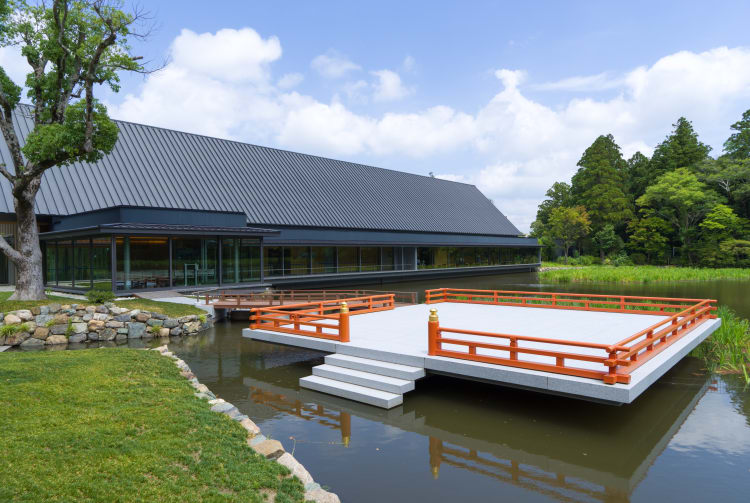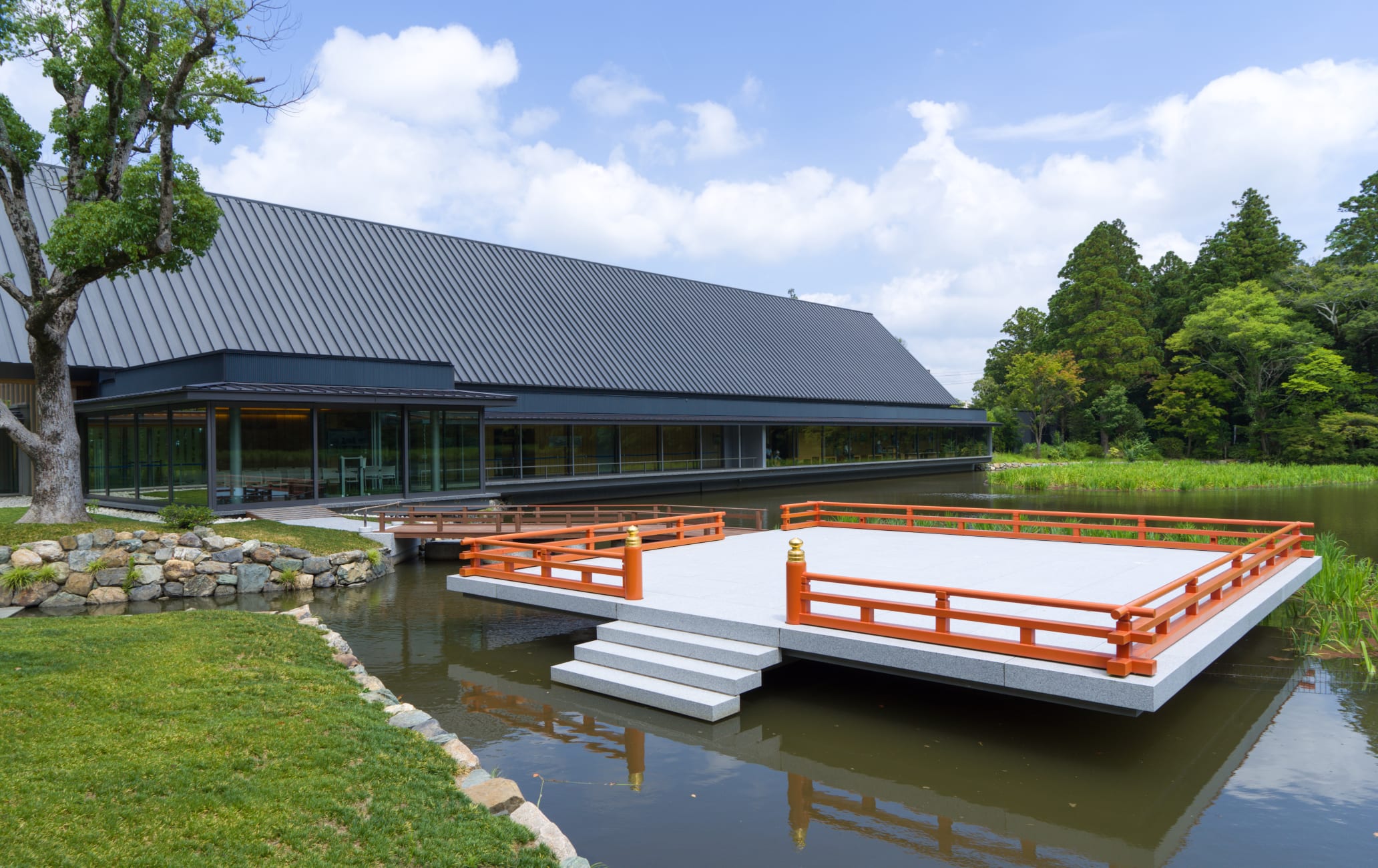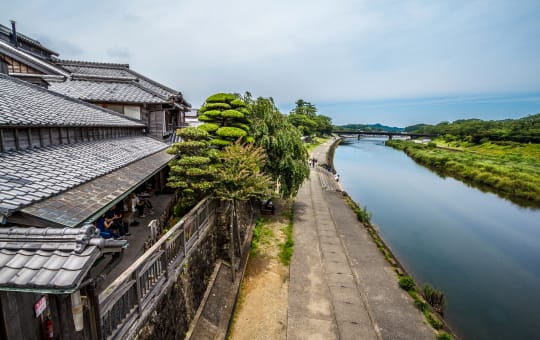Discover the story behind the period ritual renewal and transfer of Japan's most sacred Shinto shrine
For over 1,300 years, the main buildings at Ise-Jingu have been ceremoniously renewed every two decades. New divine palaces are built with Japanese cypress to the same dimensions as the previous ones for the observance to transfer symbols of the kami (Shinto deities).
The process helps preserve ancient craft techniques. If you're not lucky enough to witness the next Shikinen Sengu, which takes place in 2033, you can learn more about the significance behind this ritual at the Sengukan Museum.
Don't Miss
- A real-sized reporudction of the Geku's divine palace
- Insights into traditional craftsmanship that hint at the modern-day Japanese concept of monozukuri (exquisite goods made by skillful craftsmen)
Quick Facts
Not only the sacred buildings but all the sacred apparel, furnishings, and divine treasures are remade every 20 years; around 2,000 artisans and carpenters are engaged in the process
The museum has multilingual audio guides available
How to Get There
The museum is accessible by train.
The museum is near the Geku of Ise-Jingu.
The Kintetsu Railway can get you to the nearest station, Iseshi Station, in around 90 minutes from Nagoya Station, two hours from Osaka-Namba Station in Osaka, and two hours 15 minutes from Kyoto Station. The walk from Iseshi Station to the museum and the Geku takes about 10 minutes.
Rare insights
If you've decided to put the Geku on your itinerary, make sure to stop by the Sengukan Museum, as it is conveniently located nearby.
The museum introduces the period renewal of the sacred buildings of Ise-Jingu . This sacred observance has been carried out every 20 years since the 7th century.

Eternal prayer through the passing down of traditions
Here you can learn about the sacred meaning behind the careful, time-consuming process and the traditional building techniques that skilled carpenters have kept alive for more than 1,300 years.
Although you cannot see the Geku divine palace up close, you can view a real-sized reproduction of the palace building at the museum. Other artifacts related to Ise-Jingu are on display as well. Free multilingual audio guides are available (for a returnable deposit of 1,000 yen).


























































